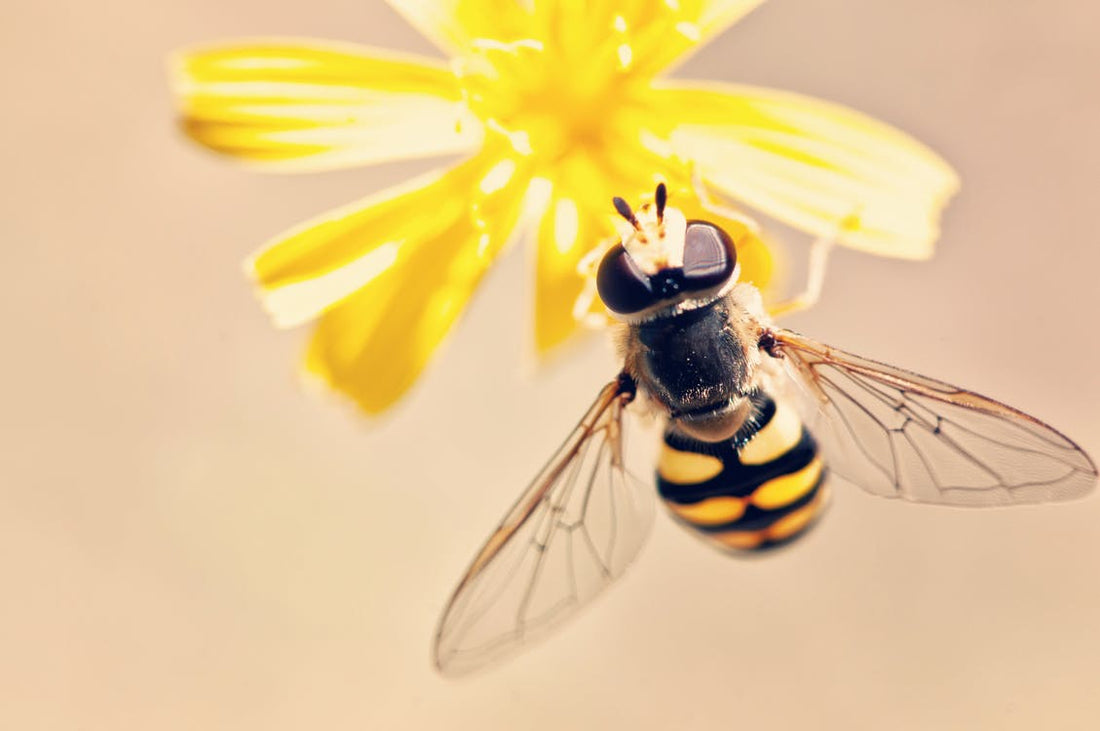
You may have heard that eating food with pesticides on them is bad for your health, did you ever consider what other effects pesticides might have on the world?
Pesticides are used to keep various bugs from eating up crops, but not only do pesticides leech into the crops that they are sprayed on, pesticides affect the environment, and lives of other bugs and creatures that live around those crops. You can learn about pesticide alternatives for at home use here: https://www.consumernotice.org/environmental/pesticides/roundup/alternatives/
As it turns out some pesticides are contributing to the loss of honeybees world wide.
The recent findings from a 2 year long study http://science.sciencemag.org/
We need bees
Personally, I do not like bees very much, they buzz loudly, they hangout around garbage cans, pools, and natural places that I am trying to enjoy, and the threat of their stinger is something that preoccupies me when they are around. However, even I am willing to admit how vital they are to our ecosystem.
Bees are responsible for pollinating one-sixth of the flowering plant species worldwide, and approximately 400 different agricultural types of plant.http://www.onegreenplane
Without bees, much of our food supply would be unable to multiply. It is said that cross pollination helps at least 30 percent of the world’s crops, and 90 percent of our plants to thrive. https://www.nrdc.org/sites/def
If bees continue to disappear at present rates it could lead to about $5.7 billion in losses to our economy, and the agricultural sector, per year.
More specifically, bees are responsible for pollinating, apples, oranges, lemons, limes, broccoli, onions, blueberries, cherries, cranberries, cucumbers, cantaloupes, carrots, avocados, and almonds. Personally, I would be devastated if these items began to disappear.
Honeybees are disappearing
According to CNN, “Honeybee colonies are dying at frightening rates. Since 2007, an average of 30% of all colonies have died every winter in the United States. This loss is about twice as high as what U.S. beekeepers consider economically tolerable. In the winter of 2012-13, 29% of all colonies died in Canada and 20% died in Europe.” http://www.cnn.com/2014/05/17/
Bees are not only disappearing because of pesticides, climate change, foreign pests, habitat loss, and diseases are also playing a part in the problem, but pesticide use is an easily avoidable problem.
What can you do?
One of the biggest things you can do to prevent the disappearance of bees is to buy organic, the more food companies are shown that people are not willing to support their use of pesticides, the more they will realize the worth of not using them.
Another great thing you can do is to plant your own flowering crops and plants, this helps feed more local bees and will help to keep them multiplying.
CNN, also suggests, “buying honey from local beekeepers instead of the industrial honey produced for most supermarkets.” They say that “Artisan producers of raw, unblended local honey, are competing against mass-produced, commodity honey, which comes from many different places where food standards might fall far short of our own. Although it is cheaper, industrial honeys are processed to extract pollen, enzymes and aromatics, leaving a product that competes and demoralizes local beekeepers.”
.

